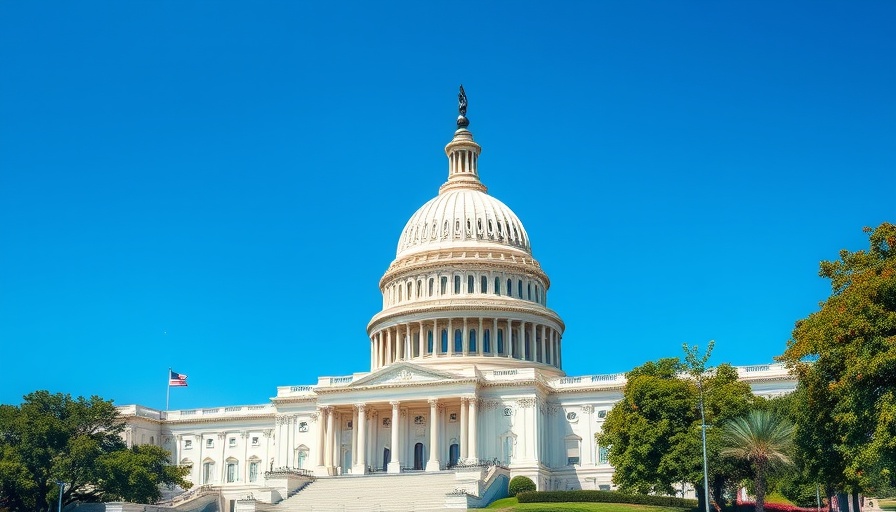
Proposed Name Change: A Symbolic Gesture or a National Divide?
The recent decision by the U.S. House of Representatives to rename the Gulf of Mexico to the Gulf of America has sparked a fervent debate. The vote, which passed narrowly at 211-206, reflects deep political divisions not just within Congress, but also among the general public, as evidenced by statements from both sides of the aisle. Rep. Marjorie Taylor Greene, the bill's sponsor, touted the move as a recognition of the contributions of local entrepreneurs and service personnel protecting the region's waters. However, this renaming has been labeled by opponents as a trivial legislative distraction.
Understanding the Political Landscape Behind the Bill
The Gulf of America Act is more than a mere name change; it illustrates the broader Republican agenda to solidify former President Trump’s policies into enduring law. House Speaker Mike Johnson has emphasized this as part of a strategy that aims to codify Trump’s executive orders. Bipartisan critiques have emerged, questioning whether this focus on symbolic actions detracts from tackling pressing issues like the economy or healthcare.
Historical Context: How Name Changes Reflect Cultural Shifts
The renaming of geographical features has often mirrored deeper societal changes. Historical contexts show that names can reflect identity, pride, and even political ideologies. For instance, renaming strategies from the past—such as the rebranding of the “Columbus Day” to “Indigenous Peoples’ Day” have been a part of the nation’s ongoing conversation about race and heritage. In this light, the Gulf of America's proposed name change may evoke discussions about national identity in the contemporary context.
Regional Impact: What It Means for the Gulf Coast
The Gulf Coast economy relies heavily on tourism, fishing, and maritime activities. So, how does this name change resonate with local businesses and communities? Supporters argue that the name 'Gulf of America' could possibly enhance national pride and attract more visitors, while critics fear it may alienate local cultures rich in history tied to the original name. A balanced approach is necessary to ensure that the local identity is preserved.
Potential Challenges: The Road Ahead in the Senate
Now that the bill has passed the House, it proceeds to the Republican-controlled Senate. Yet, getting the 60 votes needed to overcome a filibuster poses a significant challenge. Opposition from moderate Republicans and Democrats could halt the momentum, leaving the bill's future in limbo. This legislative battle underscores the complexity in shifting from legislative concept to tangible law amidst a polarized political environment.
Taking Part in the Conversation
The Gulf of America bill has opened up a wider conversation about national identity, political agendas, and the true meaning of representation in government. It's essential for citizens to engage with their elected officials about such measures that could impact their lives and local communities. As this bill progresses, stay informed and participate in dialogues that shape our national narrative.
 Add Row
Add Row  Add
Add 




 Add Row
Add Row  Add
Add 

Write A Comment